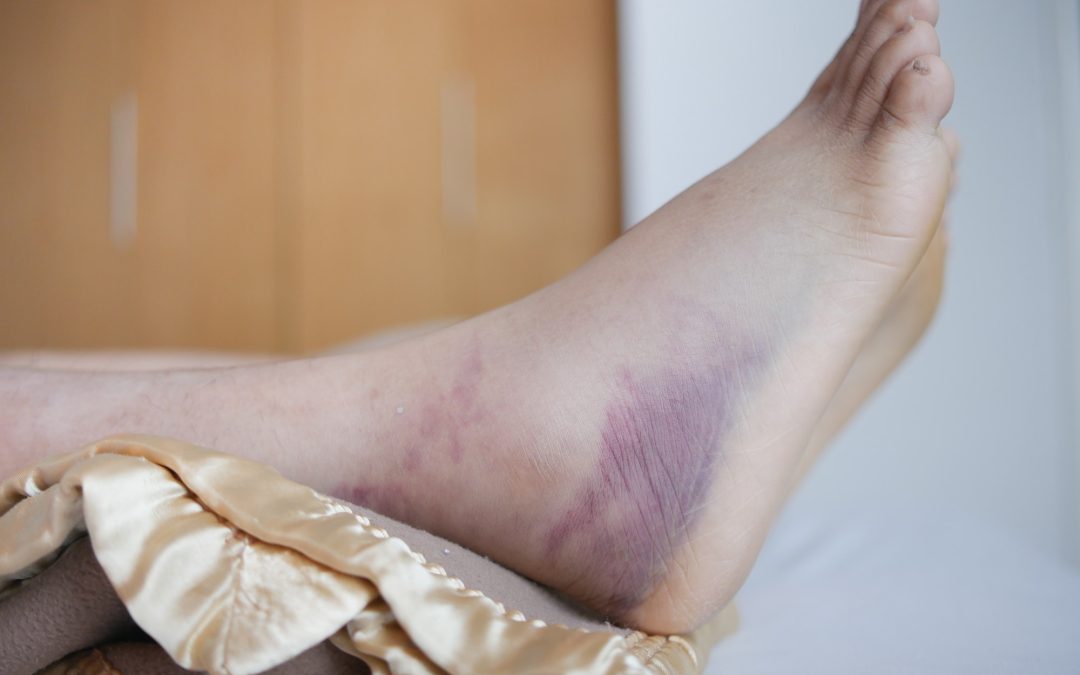Diabetes is a chronic condition that affects millions of people worldwide. One of the complications of diabetes is neuropathy, which can cause nerve damage in the feet and legs. This can lead to numbness, tingling, and even pain in the feet. Proper foot support through the use of orthotics can be an effective way to manage these symptoms and prevent further complications.
Understanding Diabetic Neuropathy
Diabetic neuropathy is a type of nerve damage that can occur in people with diabetes. The condition is caused by high blood sugar levels, which can damage nerves throughout the body. Neuropathy most commonly affects the feet and legs, causing symptoms such as numbness, tingling, and pain.
Left untreated, neuropathy can lead to serious complications, such as foot ulcers, infections, and even amputation. However, with proper management and care, many of these complications can be avoided.
How Orthotics Can Help?
Orthotics are shoe inserts that are designed to provide additional support and cushioning to the feet. For diabetes patients with neuropathy, orthotics can help to distribute pressure more evenly across the foot, reducing the risk of injury and complications.
Orthotics can also help to reduce pain and discomfort by providing extra cushioning and support to the feet. This can help to improve mobility and reduce the risk of falls or other accidents.
Customization for Maximum Benefit
One of the key benefits of orthotics for diabetes patients is the ability to customize them to suit the individual’s specific needs. Orthotics can be designed to provide support and cushioning in the areas where it’s needed most. For example, patients with a high arch may need orthotics that provide extra support in that area, while patients with flat feet may need orthotics that provide additional arch support.
Customization can also help to ensure that the orthotics fit properly, which is important for maximum benefit. Ill-fitting orthotics can cause additional problems, such as blisters or calluses, which can lead to further complications.
Working with a healthcare professional, such as a podiatrist, can help to ensure that the orthotics are properly customized and fitted to the patient’s individual needs.
Conclusion
For diabetes patients with neuropathy, proper foot support through the use of orthotics can be an effective way to manage symptoms and prevent further complications. Orthotics can help to distribute pressure more evenly across the foot, reduce pain and discomfort, and improve mobility. Customization is key to ensuring that the orthotics fit properly and provide maximum benefit.
If you are a diabetes patient with neuropathy, talk to your healthcare professional about whether orthotics might be right for you. With proper care and management, you can reduce the risk of complications and maintain good foot health.

